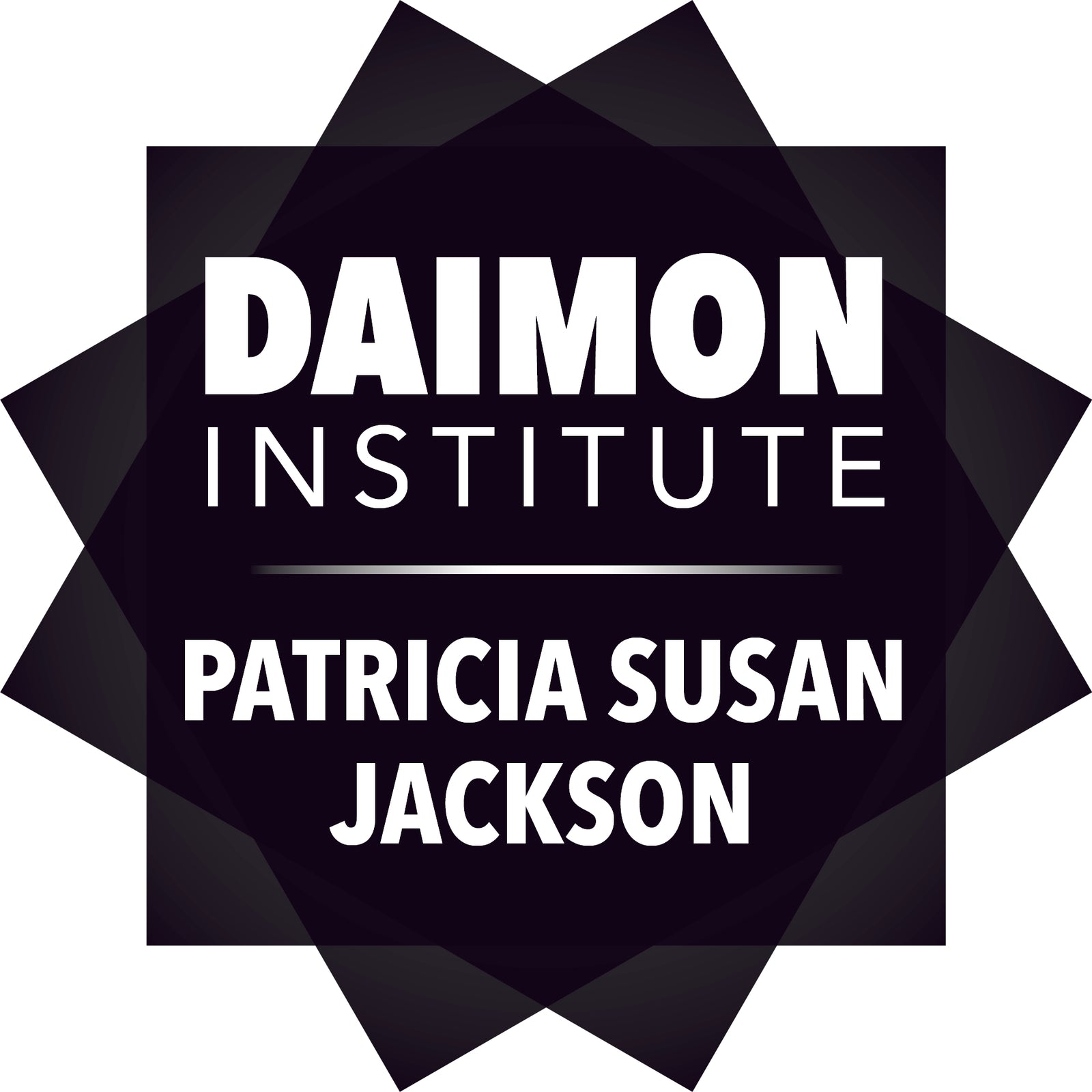"Integral Practice For the Exceptionally and Profoundly Gifted": a model for helping our children flourish

What are the necessary conditions for exceptionally and profoundly gifted (EPG) learners' holistic development using an expanded focus of study and practice, including intellectual, emotional, moral, kinesthetic, social, talent-based, spirituality, and gender dimensions?
We know that fully integrated, holistic development occurs when we support all facets of their experience.
EPG children's exceptional nature and their rarity mean that extraordinary, personalized programming is needed to address inordinate socio-affective and learning needs.
When we fail to address their unique needs, they cannot develop across all facets of their experience, and their worldview and a sense of purpose are correspondingly stunted.
When we strategically address their emergent needs comprehensively, over time, we find that their aggregate developmental level is significantly beyond expectations for their chronological age and beyond expectations for more mildly gifted children.
They exhibit post-formal thinking traits, including flexible and fluent thinking, abstract and dialectical reasoning, and a penchant and capacity to accept moral, intellectual, and emotional complexities.
When strategically and lovingly supported, they also demonstrate key traits associated with wisdom, at an early age, including self-reflection, self-insight, and a sense of justice or fairness; empathy, social cooperation, and generativity; and self-regulatory dimensions of humor, openness to new experiences, and refined emotional regulation.
AN EXCERPT FROM THE CURRENT CHAPTER OF THE BOOK
Graphic Design by the talented and amazing Pamela Ryan.
Comment
Share


